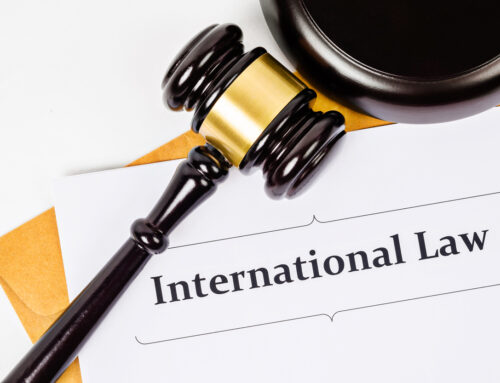Overview
Within the framework of European Union (EU) Regulations, the recognition and the execution of judicial decisions rendered by the courts of the EU Member States was greatly simplified.
Pursuant to Regulation (EU) No 1215/2012 of the European Parliament and of the Council of 12 December 2012, on jurisdiction and the recognition and enforcement of judgments in civil and commercial matters “a judgment given in a Member State shall be recognized in the other Member States without any special procedure being required” (Article 36), as well as without further formality being required.
Furthermore, by application of articles 39 and 40 of the Regulation, an EU Member State’s judgment is enforceable by operation of law and is applicable for the purpose of protective measures.
Enforcement of United Kingdom (UK) judgments in Luxembourg post BREXIT
On 31 December 2020, the UK departed from the EU without having received the required consent to its accession to the Lugano Convention of 2007. The Lugano Convention regulates both international jurisdiction and the recognition and enforcement of foreign judgments in civil and commercial matters.
On 8 April 2020, the UK applied to accede to the 2007 Lugano Convention in its own right. However, in a recent communication to the EU Parliament and to the Council of the EU of 4 May 2021, the EU Commission is recommending to reject the application of the UK to accession of the Lugano Convention and that the UK should be treated as third countries via the application of the 2019 Hague Convention.
In that case, the UK is and will be treated in Luxembourg as a third-country jurisdiction and, therefore, an enforcement of a UK judgment will require the application of the so-called “exequatur” procedure. Such a procedure would require a final and non-appealable judgment representing a so-called “title” to be introduced to the Luxembourg District Court (“tribunal d’arrondissement”). It should be noted that the Luxembourg courts may refuse to execute a foreign judgment if it is contrary to Luxembourg International Public Order (“ordre public”).
From a practical perspective, to enforce a foreign judgment in Luxembourg, the applicant has to serve a summons (“assignation en exequatur”) on the defendant in proceedings requiring the services of a lawyer being a member of the Luxembourg Bar.
The procedure requires the involvement of the Luxembourg State Prosecution which has the right to oppose the execution of a foreign judgment on the ground of “ordre public”.
The procedure takes place in a written form, meaning that it is undertaken by exchange of written pleadings which means that it is lengthy and cumbersome. In addition, like any other Luxembourg judgment rendered in the District Court, it is appealable. Thus, the procedure may last for many months.
Our Take
It is obvious that, a failure of the UK to accede to the Lugano Convention will make the procedure for recognition and execution of UK judgments in Luxembourg cumbersome, more costly, lengthier and could result in legal uncertainty.
In international agreements and, more specifically, in international transactions’ practice, English law and English courts are amongst the most popular choices for lawyers and the business community. Therefore, in light of the recent Commission communication, the attractiveness of English law may be significantly diminished.
We are of the view that Luxembourg law could provide an attractive alternative as a choice of law and venue given that the legal framework is solid, the Luxembourg judiciary being non-interventionist by its nature and the enforcement of contracts in accordance with their terms. In recent years, we have witnessed a tendency towards Luxembourg law; one such example was the recent decision by the European Stability Mechanism to issue euro denominated bonds and bills under Luxembourg law rather than under English law.
Contact:
Ronnen Gaito gaito@rjgaito.com
Gwendoline Bella gwendoline@rjgaito.com
L-1630 Luxembourg
Tél. (352) 20 600 333
Fax. (352) 20 600 334





